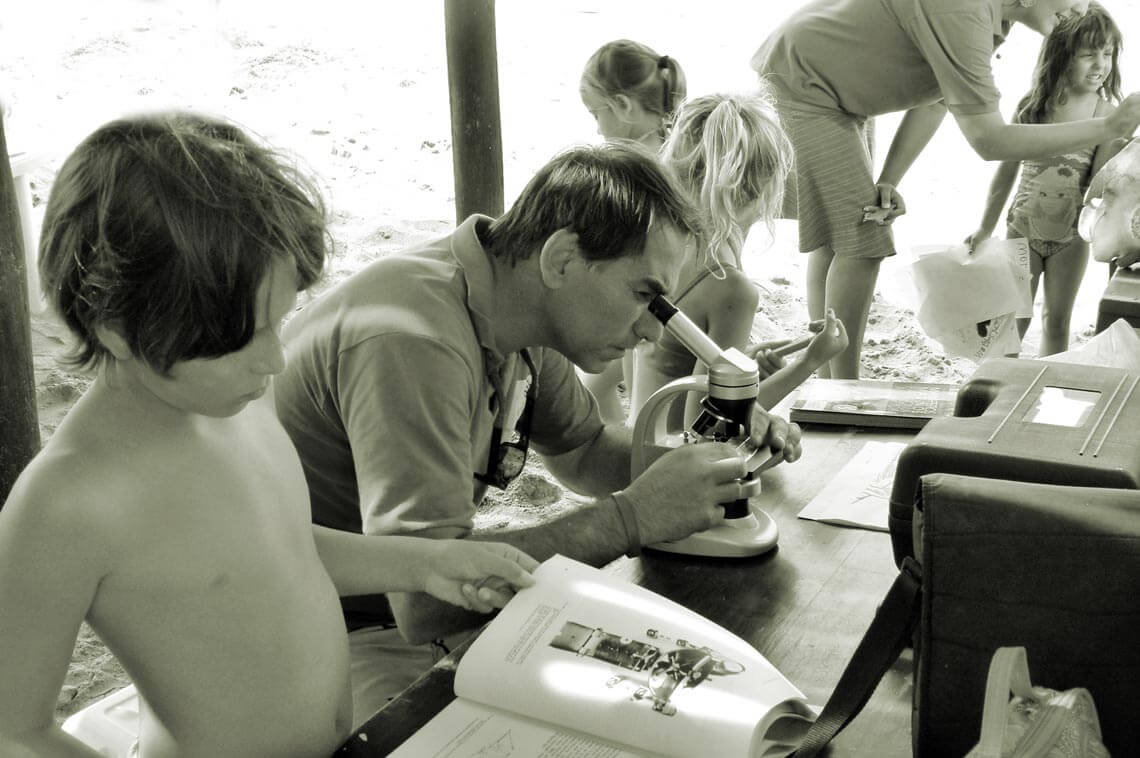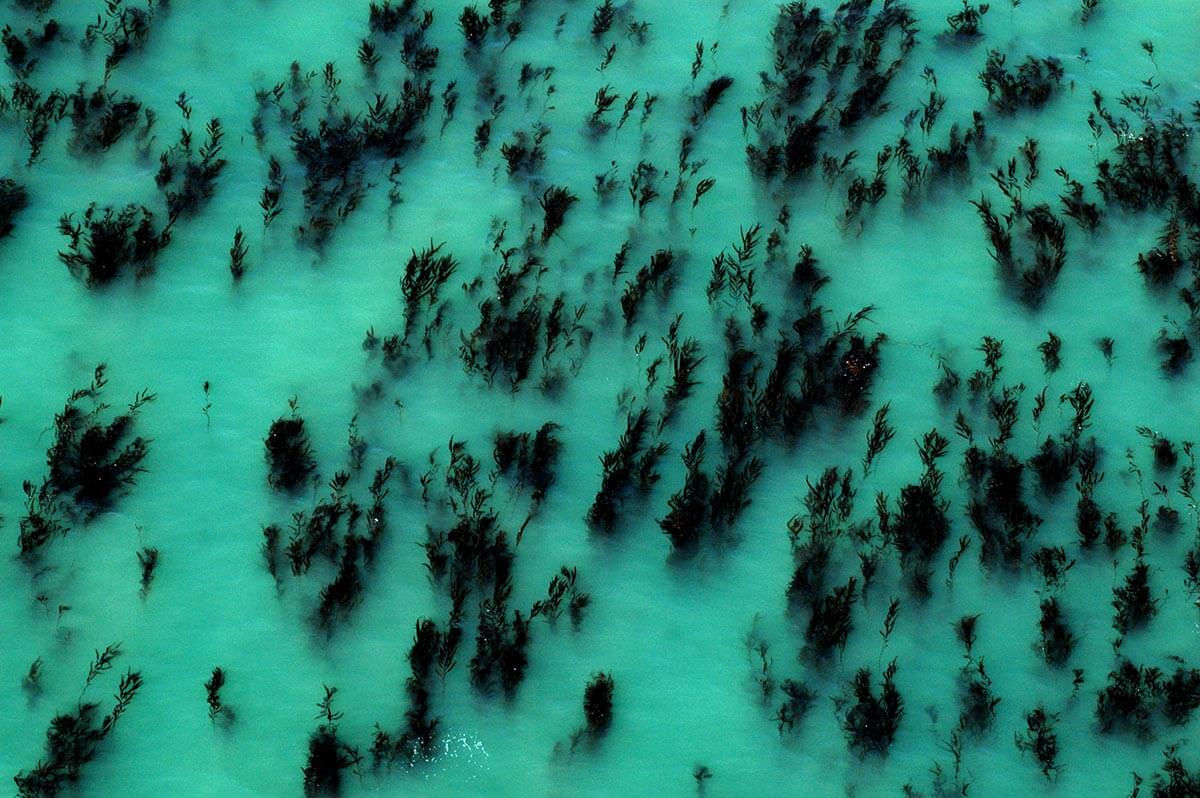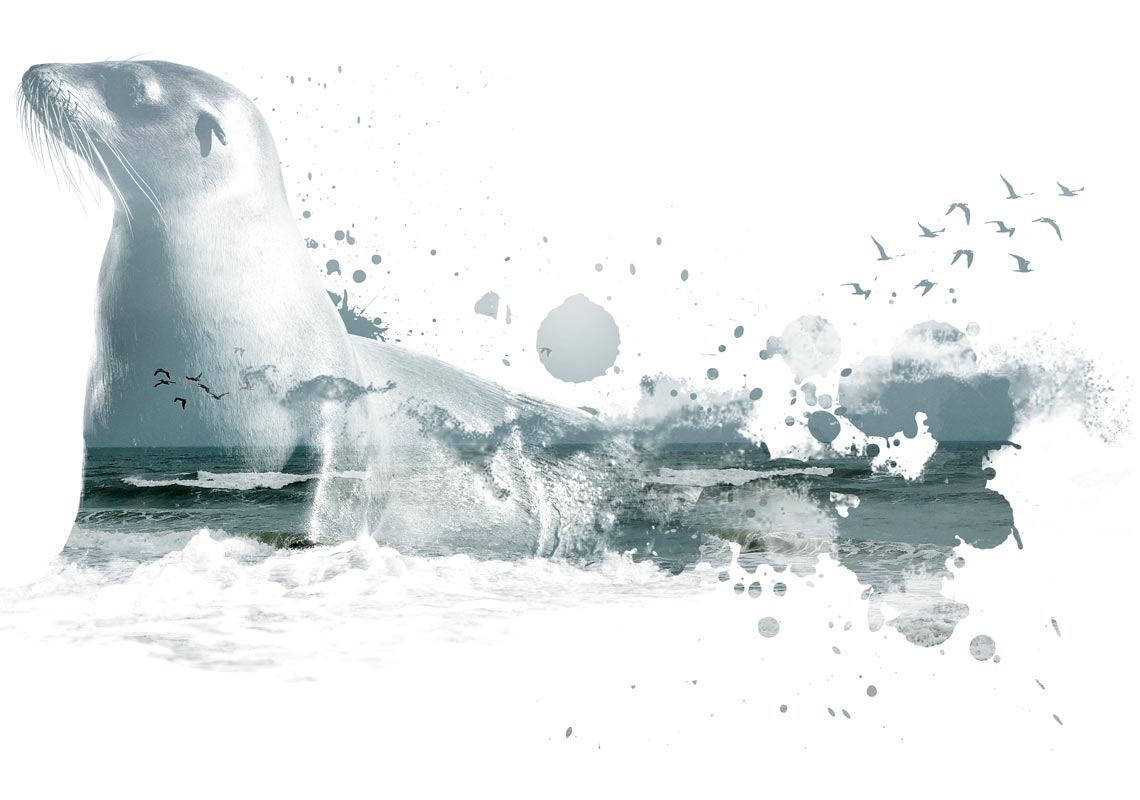OPPORTUNITIES
There is a rich legal framework that provides essential tools for sustainable use. Strengthening its application and compliance is essential to mitigate the impact on species and environments.
© M. Flores – WWF Chile
It is fundamental to increase control, facilitate in practice the right of access to information and citizen participation, and develop some key legal instruments at national and regional levels.
International dialogue seeking to promote the ecosystem’s integrated management must be strengthened to consolidate the regional approach.

© Leo Berninsone – AquaMarina

© M. Sironi – ICB
There are conservation tools that contribute to sustainable use, but application is incipient.
- Important new marine and coastal protected areas have been created in the Patagonian Sea and cover part of the relevant sites, but the areas covered at sea continues to be insufficient.
- A considerable number of protected areas have been created, but they are still to be effectively implemented.
- Existing measures to prevent the by-catch of many animals in fishing gear are well known, but are not frequently implemented.
- Fishery management plans must be developed that contemplate the ecosystem performance and the diversity of user needs.
- Actions must be strengthened to control the presence of non-native species and to prevent new introductions.
Valuable -but incomplete-scientific information on the ecosystem exists. However, to justify management decisions to society, it is still used in a limited fashion.
- A program of indicators of the conservation status of biodiversity has to be developed.
- Establishing appropriate links between scientific research of natural resources and their management must be a priority for management decisions on marine resources and environments.


© Jens Johnsson. Chile